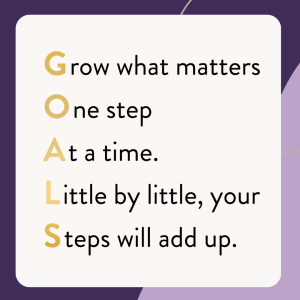
Here are some more many tips and tricks to help improve your overall health and help your body heal and adapt through any issues you may still be struggling with.
Diet: What you put into your body today is your bodies building blocks for tomorrow – your cells are constantly dying and growing so what you eat today determines how healthy your new cells will be tomorrow. This impacts directly how easy your body will find it to heal and adapt. The better fuel in, the better your body will be able to cope with life (and all that it throws at you!).
Rest: Sleep is when your body has the best ability and opportunity to heal, restore itself, regenerate and adapt. Poor sleep is linked to a plethora of health conditions and disease. Adult humans need around 8 hours of good quality sleep each night. Have a think about how many you are having – if you notice you are not getting enough, try bringing your bedtime earlier by 15-30 minutes each evening over the course of a few weeks. This will better help your transition so you can fall asleep easier and quicker to be able to get the hours sleep that you need.
Exercise: We all know how exercise is vital in terms of good health – your body is designed to move. Did you know that certain areas of your body get their nutrients via movement? The more we move, the more our joints are happy! There are three main areas of exercise: Cardiovascular, stretching and strengthening exercises. Ideally we need a mix of all three in our weekly routines. Ask if you would like specific help in these areas!
Adjustments: having your subluxations corrected – allowing your nervous system, brain and body to be better connected and better functioning. But don’t forget, that we still tend to use and abuse our bodies through the weeks and months. This is why we recommend regular maintenance care (which can be anywhere between once a fortnight and once a month) to keep you one step ahead of any potential problems. Do you remember from your Introduction what can cause a subluxation (misalignment or stiffness in your spine)? Physical actions (poor posture, repetitive movements, accidents, sports injuries), emotional stress (road rage, arguments, watching the news…) and what we call potential toxins (the food you eat, the pollution we breathe in, the chemicals in the lotions and potions you may use).
Mindfulness: As mentioned above, emotional stress can have a very real impact on your body. Mindfulness is a wonderful way of managing stress. Because, lets face it, some of those stressful things are not going away quickly. Also, keeping your emotional stress levels low protects you from certain chronic diseases – your body will be less adaptable and will find healing more challenging when you are in a state of stress.
As always, if you have any questions please let us know
